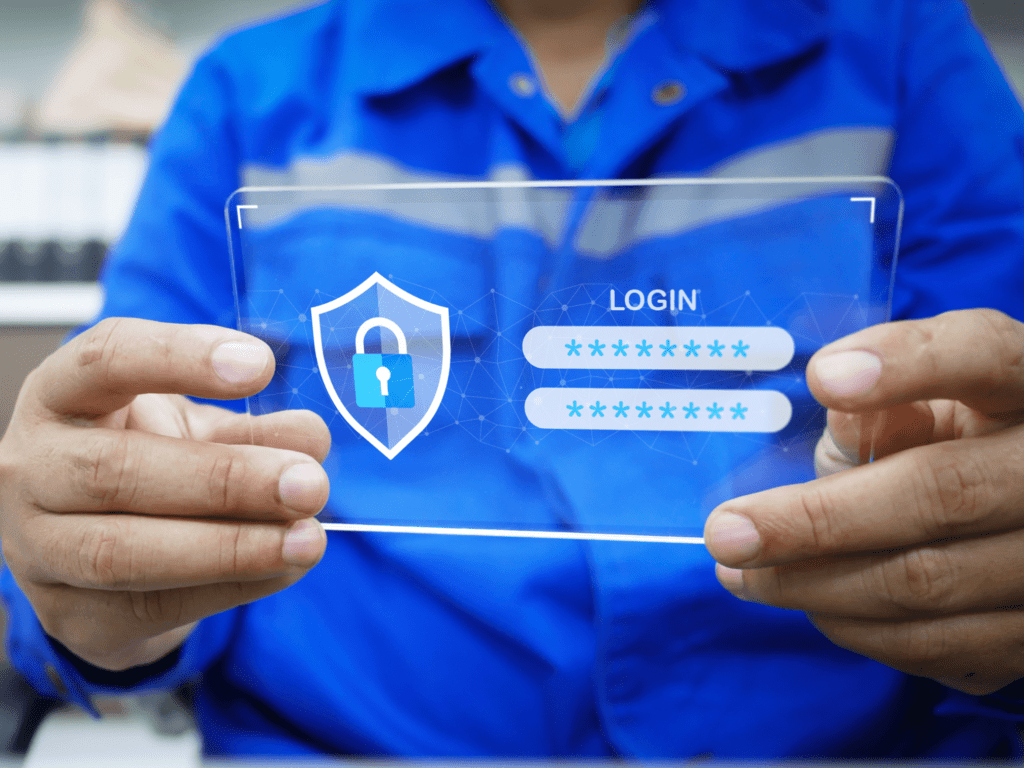Small business owners are superheroes with a lot on their plate – customer satisfaction, managing finances and inventory, and keeping the overall business running smoothly. Cybersecurity may not be on your mind at all! In fact, small business owners may assume they will never be a target because they are “too small” for a hacker to bother with, when larger corporations with more valuable data are out there.
It is quite the opposite! Small businesses are often the perfect target for cyber-attacks because of this assumption the business is “too small” for a hacker’s attention. No business is too small to become a victim of a cyber-attack. It’s important to understand why cybersecurity is important for small businesses and what could happen if there is not a plan in place.
Cybersecurity matters for small businesses because they hold valuable data. Every transaction completed stores customer contact information, payment details or sensitive business data. This is prime information for hackers interested in identity theft and financial loss.
Attacks happen more often than we realize. Hackers target small businesses because they assume those businesses do not have security measures in place and often, the hackers are right! Nearly half of all cyber-attacks target small businesses.
What can you do to protect your small business from cyber threats?
It starts with basic cyber hygiene such as strong passwords, updating software regularly and training employees in best practices. Remember, it’s less expensive to invest in prevention than it is to recover from a cyber attack!
Small business owners work hard, and their reputation is intertwined with the business’ success. A cybersecurity breach can damage a business’ credibility and earning that trust back from customers can be a long and tough road.
Not only would a cyber attack affect the business owner’s reputation, but it can also result in financial loss, legal issues, and cost the business significant downtime. There are direct financial costs for paying to fix a breach such as the loss of business while recovering, in addition to hidden costs to recover lost customers and potentially higher insurance premiums.
If the business’ systems are compromised—for example the point-of-sale system—the downtime to fix the attack may be several days. During those days, the business cannot conduct daily operations and generate revenue, so minimizing the number of days is crucial.
Having a cybersecurity plan in place helps minimize the effects of a cybersecurity attack. A plan provides business owners with peace of mind and confidence to know that they are prepared for any potential threat. Customers notice when a business takes privacy and security seriously, allowing for stronger relationships. People do business with companies they trust, and cybersecurity is a way to illustrate commitment to the customer’s safety.
Being proactive about cybersecurity and investing upfront can save a business from future financial losses.
Small business owners cannot afford to be complacent about cybersecurity. Being proactive about cybersecurity and investing upfront can save a business from future financial losses. It’s a critical component of an overarching strategy for growth and success. By understanding the vulnerabilities and being proactive, small businesses can protect themselves against potential cyber-attacks.
So, small businesses, let’s stay curious, stay vigilant, and stay secure!
Publisher: Source link











